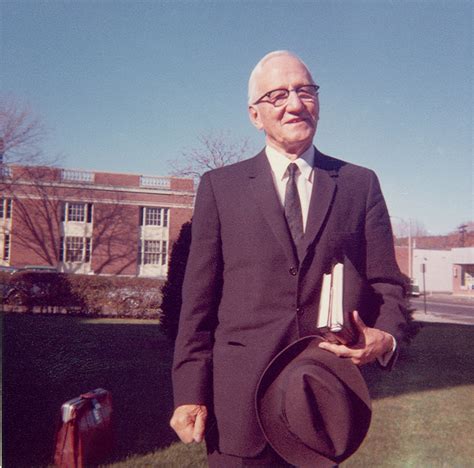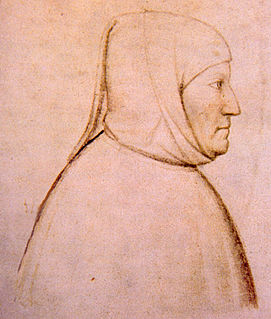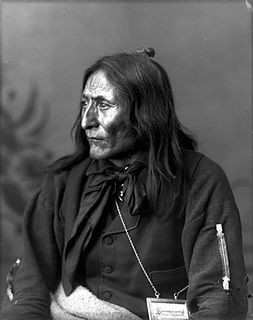A Quote by Philip Massinger
As the index tells us the contents of stories and directs to the particular chapter, even so does the outward habit and superficial order of garments (in man or woman) give us a taste of the spirit, and demonstratively point (as it were a manual note from the margin) all the internal quality of the soul; and there cannot be a more evident, palpable, gross manifestation of poor, degenerate, dunghilly blood and breeding than a rude, unpolished, disordered, and slovenly outside.
Related Quotes
The observer of the soul cannot penetrate into the soul, but there doubtless is a margin where he comes into contact with it. Recognition of this contact is the fact that even the soul does not know of itself. Hence it must remain unknown. That would be sad only if there were anything apart from the soul, but there is nothing else.
God loved us, and to prove it to us became human in order to become our brother in the flesh. He became poor, the poorest of the poor, in order to be able to include us all as his brothers (and sisters). He became a little child in order to be like children, even born, children from the slums.
God has loved us and has given us all that he is and has. The Father gave the Son, the Son gave his very self, the Holy Spirit became our habitual sanctifier.... How grateful I should be to this kind Savior!
Gold, silver, jewels, purple garments, houses built of marble, groomed estates, pious paintings, caparisoned steeds, and other things of this kind offer a mutable and superficial pleasure; books give delight to the very marrow of one's bones. They speak to us, consult with us, and join with us in a living and intense intimacy.
At the beginning of each chapter, a heading tells us about what is happening in the chapter. We can ask, "What was going on here? What was this person feeling?" When we take time to look more closely at the scriptures, we can better understand what they can teach us. This will build our self-confidence and our testimony.
There are stories that are true, in which each individual's tale is unique and tragic, and the worst of the tragedy is that we have heard it before, and we cannot allow ourselves to feel it to deeply. We build a shell around it like an oyster dealing with a painful particle of grit, coating it with smooth pearl layers in order to cope. This is how we walk and talk and function, day in, day out, immune to others' pain and loss. If it were to touch us it would cripple us or make saints of us; but, for the most part, it does not touch us. We cannot allow it to.
How is it that we do not die of love in seeing that God Himself could do no more than shed His divine blood for us drop by drop? When as man He was preparing for death, He made Himself our food in order to give us life. God becomes food, bread for his creatures. Is this not enough to make us die of love?
Our land is more valuable than your money. It will last forever. It will not even perish by the flames of fire. As long as the sun shines and the waters flow, this land will be here to give life to men and animals. We cannot sell the lives of men and animals. It was put here by the Great Spirit and we cannot sell it because it does not belong to us
When we give help to the poor, we are not doing the work of aid agencies 'in a Christian way'. Those are good, it is a decent thing to do - aid work is good and quite human - but it is not Christian poverty, which St. Paul desires of us and preaches to us. Christian poverty is that I give of my own, and not of that which is left over - I give even that, which I need for myself, to the poor person, because I know that he enriches me. Why does the poor person enrich me? Because Jesus Himself told us that He is in the poor person.




































